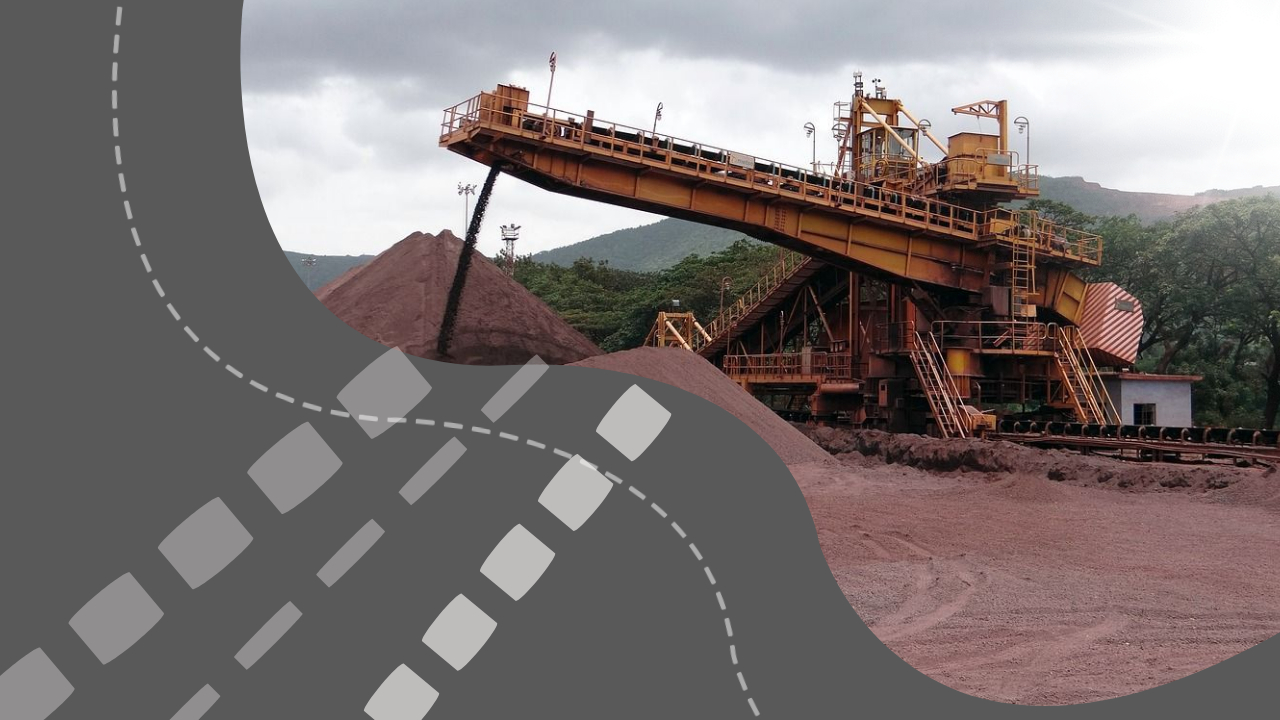Companies & Organisations
Coking coal – the invisible fuel of green transition: Experts discuss at the European Financial Congress
Copyright © 2002-2025. Advantix Ltd. All rights reserved. Advantix Ltd is a company registered in England and Wales. Company No. 04611885. VAT No. GB 831029754.
MINEX ForumTM is a registered trademark No. UK00002566832.
Privacy Policy | Terms and Conditions | Cookie Policy | YouTube Terms of Servicey | Google Privacy Policy

